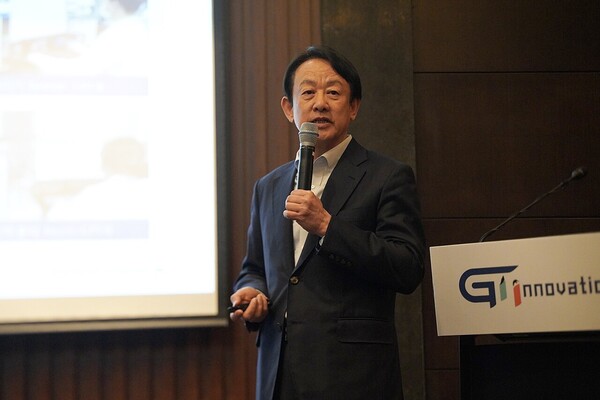GI Innovation is accelerating the development of a subcutaneous (SC) formulation of its immuno-oncology candidate GI-102.

The company said Tuesday that it has applied for approval to change the IND (investigational new drug) application for the GI-102 phase 1/2a clinical trial to the Ministry of Food and Drug Safety (MFDS). It did so more than a year after the clinical trial was approved in February last year.
Through this IND change, GI Innovation plans to change the clinical phase from phase 1/2a to phase 1/2 while expanding the expiration date of GI-102 from 24 months to 36 months.
In particular, under the revised clinical design, GI Innovation will evaluate the safety and tolerability of the SC formulation monotherapy and the existing intravenous (IV) formulation monotherapy.
In addition, it will evaluate GI-102 for its antitumor activity when combined with chemotherapy or the immune checkpoint inhibitor pembrolizumab (Keytruda).
GI Innovation previously announced that it would conduct "adaptive clinical trials," which allow it to adjust the direction of the trial based on data collected during the trial.
If MFDS accepts the application for clinical approval, the company will conduct a five-year clinical trial for 340 patients with advanced/metastatic solid cancer at six domestic medical institutions, including Severance Hospital.
GI Innovation emphasized in this regard that it did not incur any royalty expenditure for changing the GI-102 formulation, as the company will do so through its independently developed process.
At a time when drugmakers develop SC formulations of their blockbuster immuno-oncology drugs, such as Keytruda and Opdivo (nivolumab), GI Innovation has also heightened the dosing convenience of its combination drug, the company explained.
"The clinical results of GI-102 monotherapy alone have attracted interest from big pharmaceutical companies," said Jang Myoung-ho, chief strategic officer of GI Innovation. "The development of a subcutaneous injection formulation in line with global development trends will further increase the technology transfer value of the drug."
GI Innovation is participating in the American Association for Cancer Research Annual Meeting (AACR 2024) in San Diego, Calif., and will also attend the American Society of Clinical Oncology Annual Meeting (ASCO 2024) scheduled for May, during which it will hold meetings with several global pharmaceutical companies.

